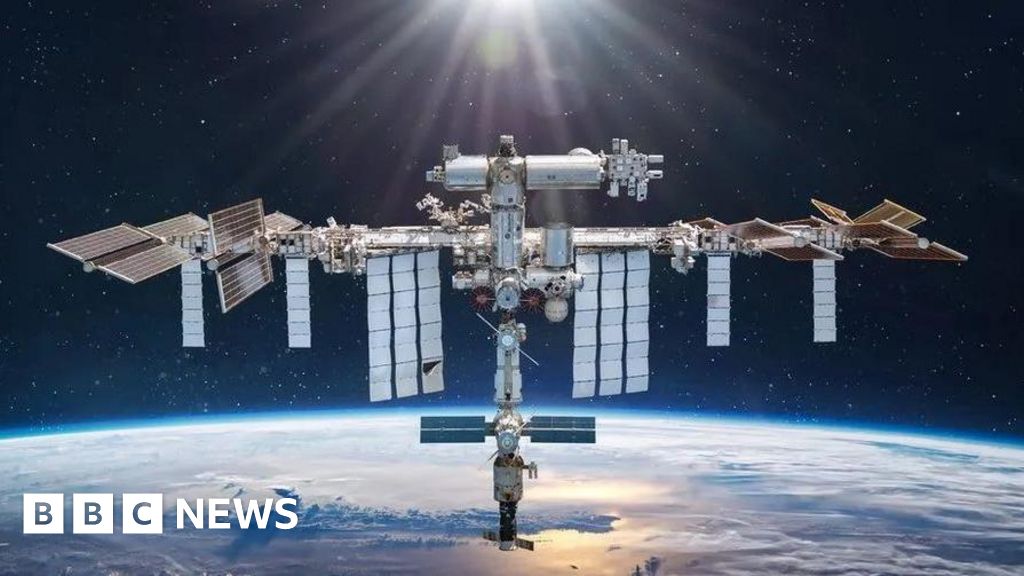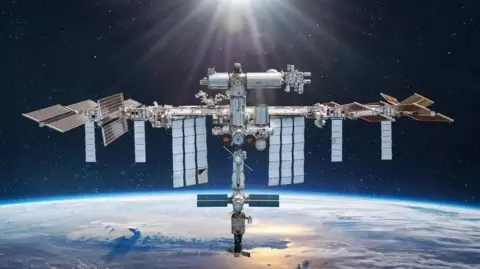 Getty Images
Getty ImagesA Cambridgeshire company is working on a new way to make medicines in space.
The UK Space Agency (UKSA) announced BiologIC Technologies will share a £65m fund to develop new technologies which will be tested inside the International Space Station (ISS).
Microgravity makes some health research, such as studying age-related diseases, and potentially growing human organs for transplant, easier in space than on earth.
BiologIC Technologies chief executive, Richard Vellacott, says: “It’s a privilege to help the UK lead the way.”
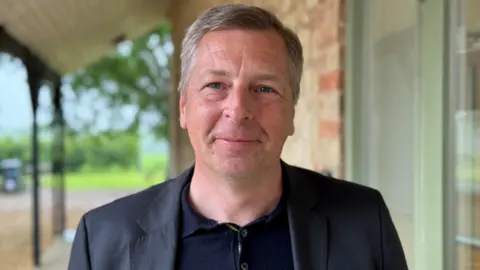
Governments and entrepreneurs around the world are once again spending huge sums of money on space, but it is not about reaching other planets anymore, it is about enabling humans to live on them.
The movement is being dubbed ‘Space Race 2.0’.
Key to those plans is making astronauts self-sufficient. That is why UKSA has announced funding to support a range of projects.
One of them is run by BiologIC Technologies from Fordham, Cambridgeshire.
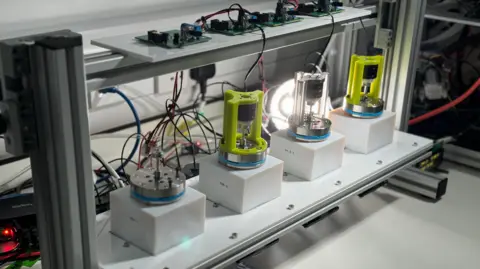
The company has already designed a system which can develop and manufacture vaccines and gene therapies faster than most traditional methods. Now it will use the funding to adapt the system so that it works in space.
“It’ll have to cope with the pressures and heat of leaving earth in a rocket,” says Mr Vellacott, “and of course in microgravity, liquids float, so we’ll have to come up with a way of containing them”.
But BiologIC Technologies believes its system can produce more than medicines. It also has the potential to make food and raw materials from basic biological ingredients.
That adaptability is important because on the ISS, where physical space is at a premium, it is more efficient for a device to be small and multi-functional.
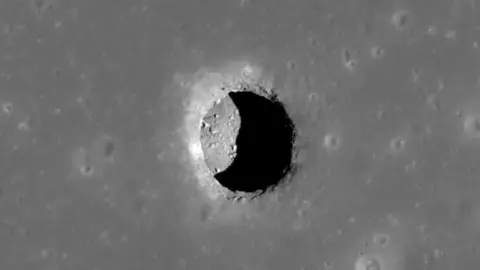 NASA
NASABut the experiments conducted in space are not solely for the benefit of astronauts – Mr Vellacott said they help us on earth too.
“It’s really difficult on earth to study the effects of ageing because it takes so long but in space our cells age faster, and so this kind of research can be done quicker up there and potentially speed up new treatments,” he says.
“The microgravity may also make human organs easier to grow and so it may become possible for organs to be grown in space and brought back to earth for transplant.
“We also hope that if we can make raw materials in space, we’ll start to do it on earth. At the moment we import what we don’t have from other areas which isn’t sustainable in the long term.”
Experiments conducted on the ISS will be mirrored in the lab in Cambridgeshire in order to monitor the differences.
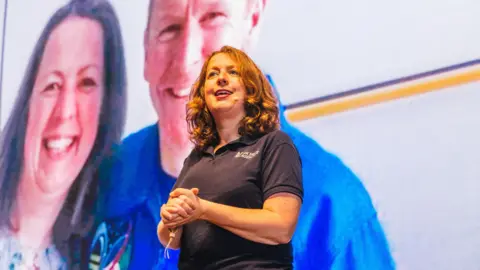 LIBBY JACKSON
LIBBY JACKSONLibby Jackson, head of space exploration at UKSA, says: “The UK is really strong in space science and in building the spacecraft and instruments that go up there.
“Space affects all of us in our everyday lives. The cameras we have in mobile phones were originally developed for space missions, there are thousands of satellites up there enabling our communications, our payments, and predicting our weather.
“By taking away gravity, researchers are able to understand things in new ways.
“It’s vital that we have the skills to develop this technology because it benefits all of us.”
The funding was issued under the previous government, with the announcement delayed by the general election.
A date is yet to be set for the mission, which will take BiologIC’s technology to space.
“It’s a privilege to help the UK lead the world in engineering biology and space technology,” Mr Vellacott added.

